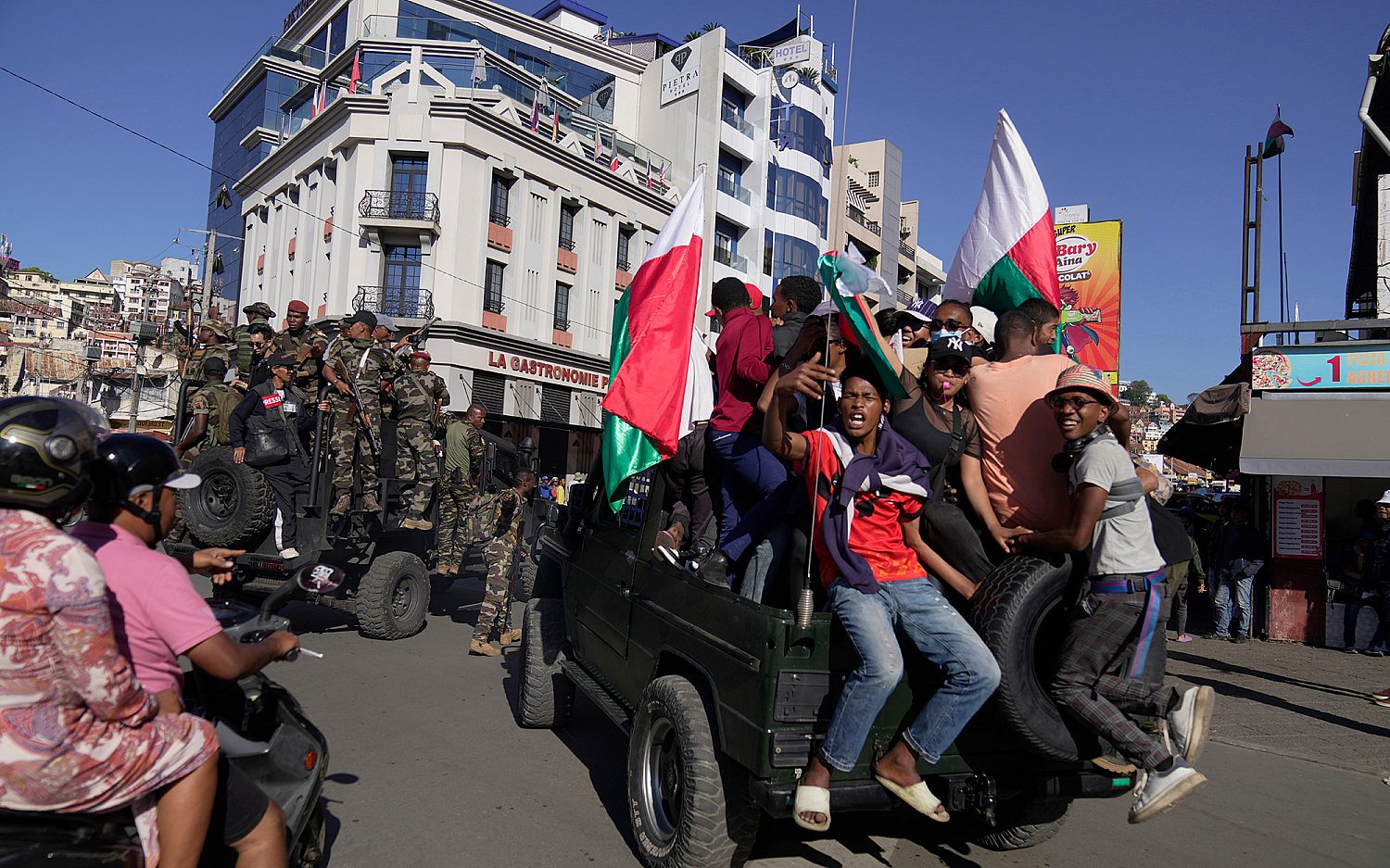Pakistan has more than one terror group to worry about
Dueling claims of responsibility for police academy attack highlight the country’s problem with multiple radical groups
Pakistan’s southwest city of Quetta shut down today to honor the 61 people killed in this week’s terror attack on a police-training academy that also left more than 100 people injured. The assault, which began late Monday night and continued into Tuesday, marks one of the deadliest attacks on Pakistan’s security in recent years.
Different terror groups have come out since the attack to claim responsibility, further highlighting the problem of splinter groups within the country that make it difficult to combat terrorism.
Families spent the day burying the dead, and the country’s flag flew at half-mast over government buildings. Abdur Rahim Kakar, a trade dealer, said all businesses and offices in the city remained shuttered, the marketplaces deserted.
The attack began at about 11:30 p.m. Monday, when three militants wearing suicide vests killed the academy’s police guard before storming in and shooting at people. Several cadets reported jumping out of windows and from rooftops to escape.
One injured cadet, Qasim Ali, told The New York Times he and some other cadets were getting ready for bed when the attack began.
“We ran toward the hall door to close it,” Ali said. “I was wounded in my chest and left leg when the attacker threw an explosive device inside the hall.”
The subsequent four-hour siege ended when police gunned down one of the attackers and the two others blew themselves up. The incident left some 123 people injured, including the trainees and some paramilitary troops.
Following the attack, Islamic State militants claimed responsibility in a broadcast on the group’s Aamaq news agency. The Hakimullah group, a splinter faction of the Pakistan Taliban, also claimed responsibility for the attack. Maj. Gen. Sher Afgan, leader of the Pakistani paramilitary force, claimed the attackers received instructions from another banned militant group headquartered in Afghanistan.
Pakistan is flooded by a variety of militant groups, several springing out as offshoots of existing groups. The Pakistani Taliban, which U.K.-based counter extremism group Quilliam Foundation describes as the greatest threat to Pakistani security, sprung from the Afghan Taliban. Another militant group, Lashkar-e-Jhangvi, splintered from a sectarian Pakistani militant group, and is still a core part of another faction, the Punjabi Taliban.
Nikita Malik, a senior researcher with the Quilliam Foundation, said these splinter groups complicate the fight against terror and oftentimes change their names when the government bans them.
“It’s a sad and grim situation for Pakistan because there are many splinter groups and both the South Asian community and the international community have a hard time identifying them,” Malik said.
A majority of these radical groups thrive in a government-made vacuum by providing basic services to people. Under such circumstances, people face a difficult choice about whether or not to join radical groups, Malik explained, because they may be the source of monthly stipends.
To counter the radical lure, Malik called for the monitoring of alternative schools that teach radical ideas and for parents to receive training to enable them quickly to notice signs of radicalization in their children. She said the promotion of education and state institutions will help keep youths productively occupied but also noted any change can only happen over time.
“These radical organizations have had a strong presence in the region for a long time that it wouldn’t happen overnight,” Malik said. “It will take a systematic training of young minds.”
An actual newsletter worth subscribing to instead of just a collection of links. —Adam
Sign up to receive The Sift email newsletter each weekday morning for the latest headlines from WORLD’s breaking news team.





Please wait while we load the latest comments...
Comments
Please register, subscribe, or log in to comment on this article.